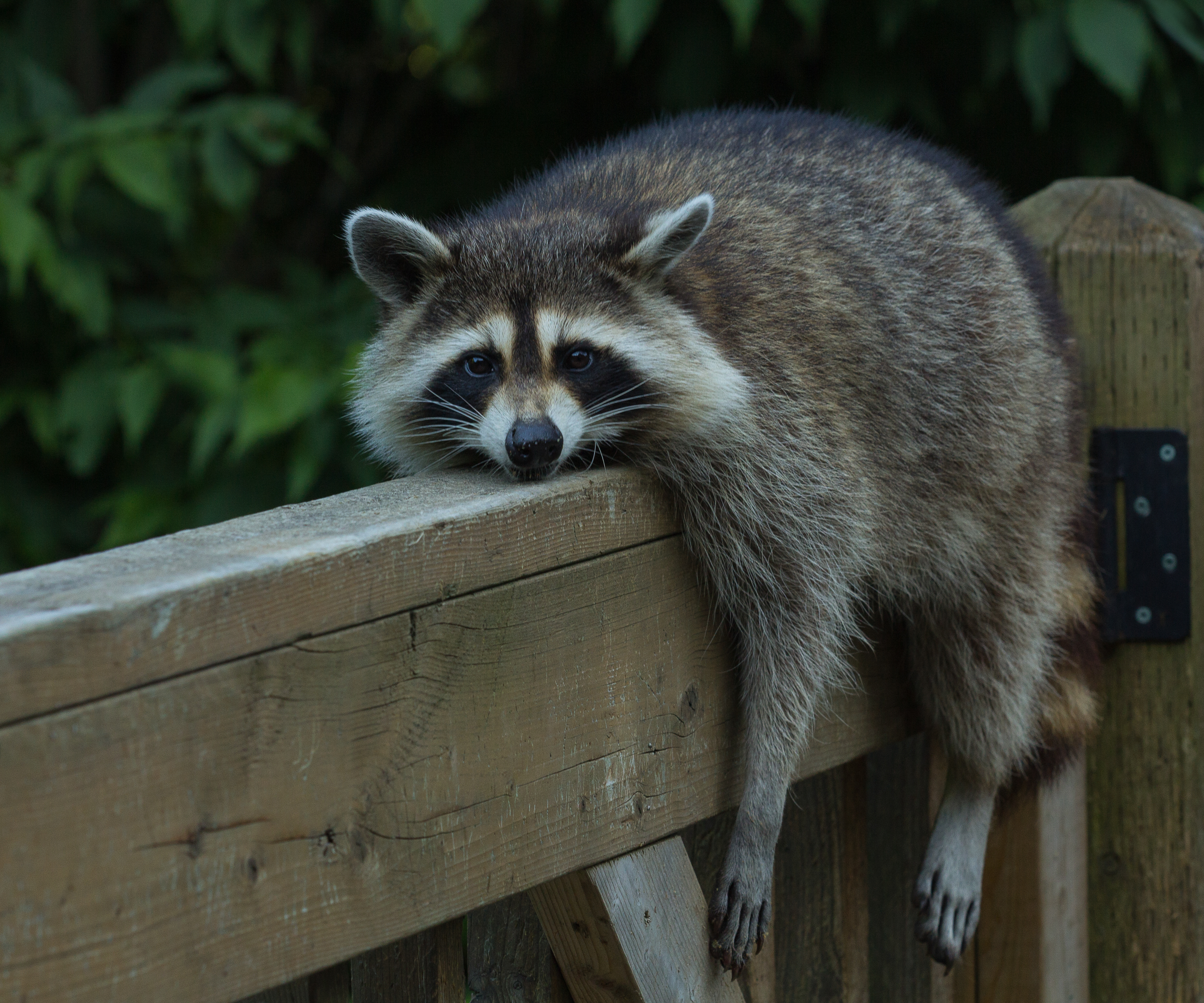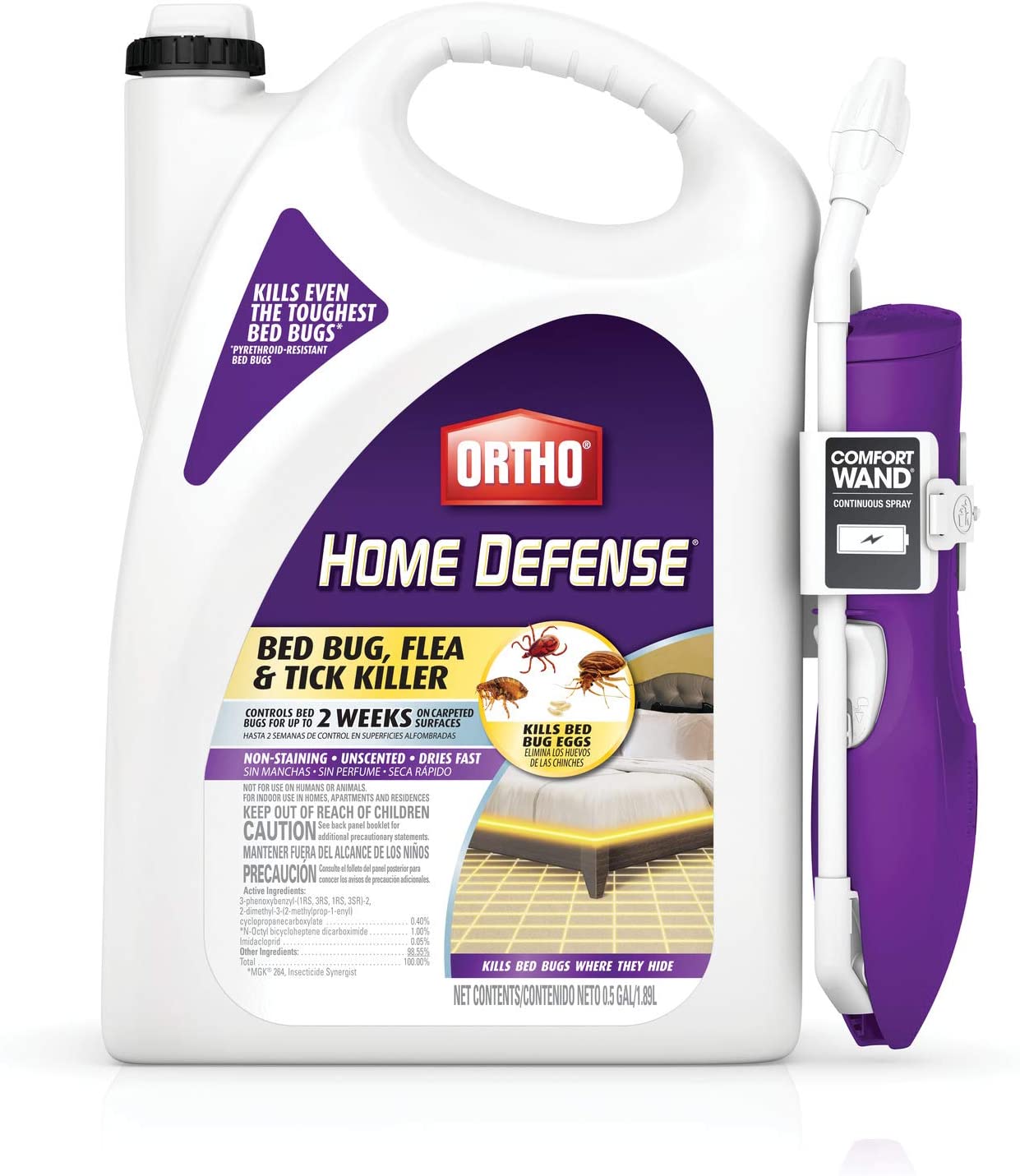[azonpress_comparison id=”93″]
How to get rid of horseflies? The activities of horseflies can be frustrating. You would agree with me if you are currently having horseflies issues. These small creatures not only infest your yard and make it uninviting, but they may also try to attack you. Horse-fly menace is further compounded if you keep horses and farm animals. However, you don’t have to worry as you are an inch closed to getting rid of the horseflies that have infested your yard or farm. You may also want to read how to keep sweat bees away?
This post will furnish you with a few simple DIY methods to get rid of fruit flies. We have also provided you with comprehensive details to further help you get rid of the flies without any difficulty. This we believe, will help you protect yourself and your environment when dealing with horseflies. Scroll down for more information about horseflies.
[azonpress limit=”3″ template=”box” type=”bestseller” keyword=”kill horsefly”]
What Is A Horsefly?
horseflies are small species of true flies in the class Insecta and family Tabanidae. They go by many names in different regions across the world such as the bulldog flies, gadflies and March flies They have short antennae and conspicuous dark compound eyes . They are mostly brown, yellow or black in color. horseflies have big heads and their body is covered with tiny hairs. These species of flies are sometimes confused with honey bees. However, you will be able to sport that they have only one pair of wings which is different from the honey bees that have two.
Just like some other species of flies, they have wide bodies composing of three segments. The species of horsefly vary in size and they mostly range from medium-sized to large. The average length of horseflies is between 20 to 25 mm. horseflies mostly feed on plant exudates, and nectar but adult females are anautogenous which means they may sometime require blood from animals in order to reproduce.
They have six mouthparts designed for flesh tearing but that of the males is generally considered to be weak. Furthermore, horseflies can be found worldwide, with the exception of polar regions, and some islands including Iceland, Greenland, and Hawaii. They prefer to dwell in a warm place with high humidity such as streams, tanks, and agricultural sites. It is believed that a warm climate is favorable for the development of horseflies. It takes up to a year for the Tabanid larva to mature into an adult horsefly that lives for only a few days.
Do Horseflies Pose A Threat To My Health?
The answer to this question is in the affirmative. The name “horsefly” is derived from, the tendency of the Tabanids to attack farm animals including horses but they may also attack humans in the absence of the former. The male horsefly is relatively harmless due to its weak mouthparts that allow it to feed only on nectar.
However, this is immaterial since it is practically impossible for you to tell the difference between a male and a female horsefly without first allowing the Tabanid to bite you. For this reason, it is advised to protect yourself in general from horseflies as the females are capable of biting.
In fact, the females will do everything within their power to cut through your skin with their mouthparts that look like saw blades. They are attracted to moving object and carbon dioxide that is exhaled by humans and animals. The female horsefly cuts through the skin so as to feed on the blood that results from the cuts. After feeding on blood, she waits for a few days for it to digest thus providing her with enough protein to reproduce.
The activities of horsefly may constitute a nuisance as they may completely prevent you from carrying out your affairs in the yard. They also pose a threat to your pet as the tabanids are known to attack not only farm animals but also domestic one as well as birds, lizards, and freshly killed animals. An area infested with horseflies may also attract birds hence more nuisance for you to deal with.
Horseflies Are Vectors
You have every reason to worry if you have just discovered that your yard or farm is infested by Horseflies. As bad as it may sound, these species of flies do not only bite, they are vectors, which invariably means they may also transfer blood-borne disease from one host to another. This is the natural consequence of their feeding habit thereby making them extremely dangerous for you and your farm animals.
horseflies have been found to transfer diseases like leucocytozoan, some trypanosomes, hog cholera, filarial worm Loa loa, anaplasmosis, equine infectious anemia virus, anthrax, and tularemia. In large numbers, the activities of horseflies may prevent the growth of livestock as well as the reduction of milk production.
Horsefly Bite
Horsefly bite is very painful and it swells so it may take a couple of hours or even days for the pain and swelling to subside. For this reason, it may be pretty easy for you to tell that you have been bitten, but the same cannot be said for the pets or farms animals. If you suspect the activities of the tabanids around your house or farm you may observe pets and farm animals for symptoms of horsefly bite which may include:
- A tear in the skin
- Pain on bite site
- Redness
- Swelling
For humans, symptoms may include the above plus itching. Some people may experience a break out of whole body rash or hives. It may also lead to swelling and redness around the lips and eyes as well as wheezing. Although horsefly bite is not fatal and it will usually subside on its own, it may be critical to individuals that are allergic to it. It is advised to seek medical attention if symptoms do not subside within a couple of days.
How To Manage A Horsefly Bite
Since Horseflies are vectors, it is imperative to manage their bite sites properly to prevent transmission of diseases as well as its subsequent infection by bacteria. As much as we hate to imagine it, a horsefly bite is a probable consequence of dealing with the tabanids. If you are unfortunately bitten by a horsefly, the following guide will help you manage the bite site properly.
The first thing to remember is not to scratch the wound. It is best to avoid scratching no matter how tempting it is as it will only make the wound bigger. If you are in a place where first aid treatment is not accessible, you may temporarily apply your own saliva. Due to the antimicrobial protein content of saliva, it may help to reduce the pains, itching, and swelling until you are able to manage the cut properly.
When you get home, start by washing the bite site with soap and water. You may also use other types of disinfectants such as those that are vinegar or alcohol based. After that, you may apply an antihistamine-based gel to further prevent the bite from being infected by bacteria. This should provide you with a relief from the symptoms as well as protection from infection.
Meanwhile, if the swelling and itching do not subside after a reasonable period of time, you may massage the wound with a hydrocortisone cream or place a cold compress on it. Pay close attention to the progress of the wound, if you still do not see any improvements, you should seek medical help.
Benefits Of Horseflies
horseflies, just like other species of true flies have some economic importance. For instance, Some species of horsefly are important pollinators of specialized plants.
How To Get Rid Of A Horsefly
There are many ways to get rid of horseflies including the use of fly traps such as disposable fly traps, bottle traps with rotten meat, sticky paper traps with smelly baits, umbrella traps, homemade ball trap, and many others. However, using this trap may be exhausting for you and they may not be effective for a large population of horseflies.
Chemicals and insecticides may also work, but they are not advised for your farm as they may contain chemicals that may adversely affect your farm animals. They may also negatively affect you, your pets and your environment at large. Another amazing option is homemade repellents. They are effective and easy to use.
Here is a list of some amazing homemade horsefly repellents:
In recent times, dish wash liquid serves many purposes that go way beyond just keeping your plates clean. One advantage of using the dish wash method of repelling horseflies is that the procedure is easy to execute. It doesn’t require any expertise and it is also inexpensive. Most of the ingredients required are things you already have at home.
Furthermore, unlike most store bought repellents, homemade ones are safe to use and may not contain any ingredient that may affect or have an adverse effect on you, your pets, farm animals and even your environment. Here are two amazing ways you can use dish wash liquid to repel horseflies from your yard and farm:
1. Dish Wash Spray
Ingredient:
- Dish wash liquid
- Water
Direction:
Start by adding two tablespoons of dish wash liquid in 250ml water. Shake well and spray on your lawn, gardens and other areas you wish to protect. Do the same for your farm and spray on the animals. The quantity is heavily dependant on the size of your yard as well as the number of animals on your farm. You may need to repeat the procedure once or twice as required.
2. Dish Wash And Mouthwash Spray
Ingredients:
- Ammonia
- Dish wash
- Mouthwash
- Water
Directions:
Mix equal amounts of the three ingredients and add water as required. Spray the mixture in your lawn and garden as well as on your farm animals in order to repel horseflies. It is preferable to use a lemon-scented dish wash liquid and a mint flavored mouthwash for this recipe.
3. Essential Oil Spray
This is another amazing homemade spray that can be used to effectively keep horseflies at bay. Many different essential oils contain properties that may help give your recipe a boost.
Here are a few homemade essential oil horsefly repellants:
– Lavender Oil Spray
Ingredient:
- Lavender oil
- Alcohol
- water
Direction:
Mix together the alcohol and lavender oil. Add a reasonable amount of water and shake well. Spray the mixture in your lawn and garden as well as on your farm animals in order to repel horseflies. You may also spray around areas you want to protect from horsefly infestation.
– Eucalyptus Oil Spray
Ingredient:
- Eucalyptus oil
- Bath oil
- Vinegar
Direction:
Mix together vinegar, bath oil, and eucalyptus oil. Add water to the mixture. Mix all the ingredients well and spray the mixture in your lawn and garden as well as on your farm animals in order to repel horseflies. This procedure may also be used as an effective preventive measure for horsefly infestation.
– Citronella Oil Spray
Ingredient:
- Citronella oil
- Lemon juice
- Eucalyptus oil
- Mineral oil
Direction:
Mix equal amount of mineral oil, lemon juice, citronella oil, and eucalyptus oil together in a bottle. Just like the above methods, spray the mixture in your lawn and garden as well as on your farm animals in order to repel horseflies. You may also add dishwashing liquid to the mixture.
How To Prevent Horsefly Infestation
If you fear that horseflies may try to infest your yard or your farm, there are few ways to ensure that it does not become a reality. First, ensure that your farm is in good condition and the animals are kept clean always. Make the place uncomfortable for nesting by trimming flowers and tree. Endeavor to remove all kinds of weed from your lawn and garden.
Remember to house the animals properly at the end of every day. This steps should also be considered before applying the above-listed repellants as it will further help in keeping horseflies at bay.
[azonpress limit=”5″ template=”widget” type=”bestseller” keyword=”Horseflies killer”]























:fill(white)

